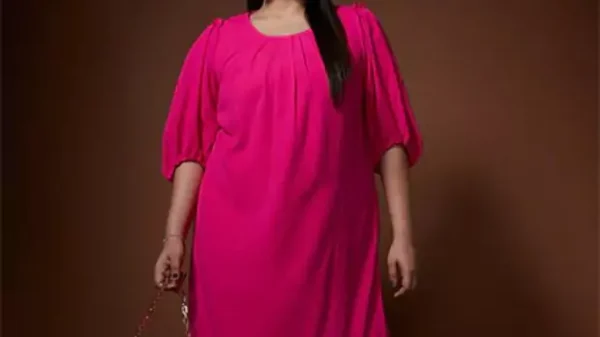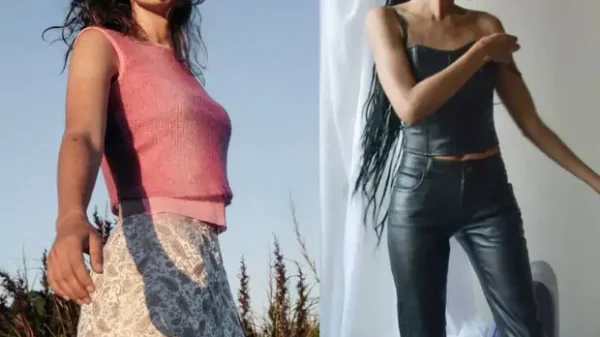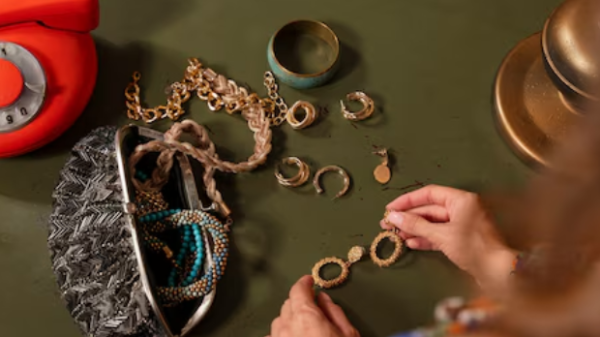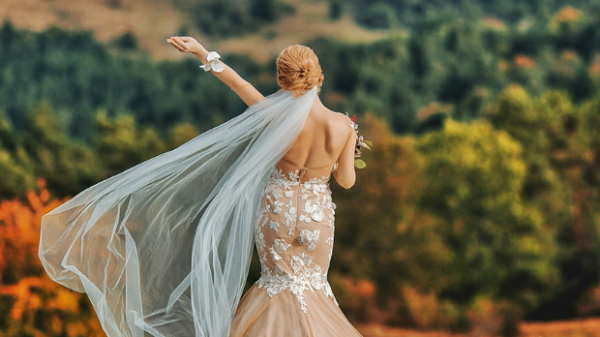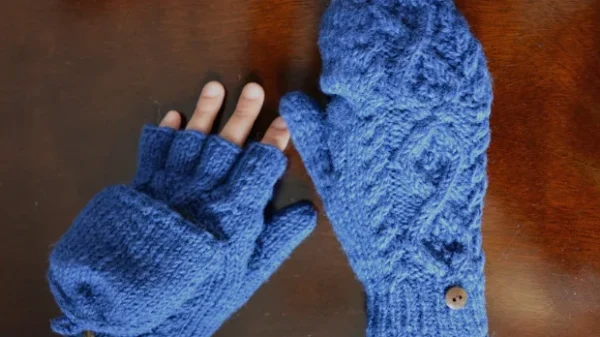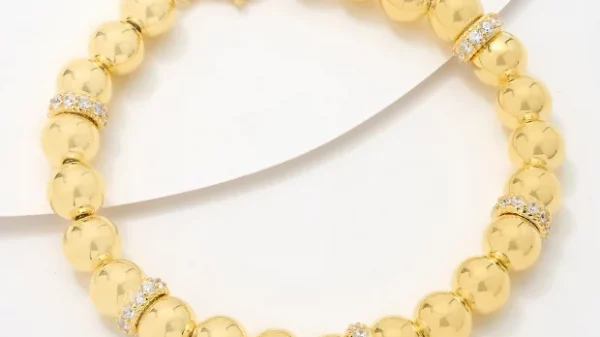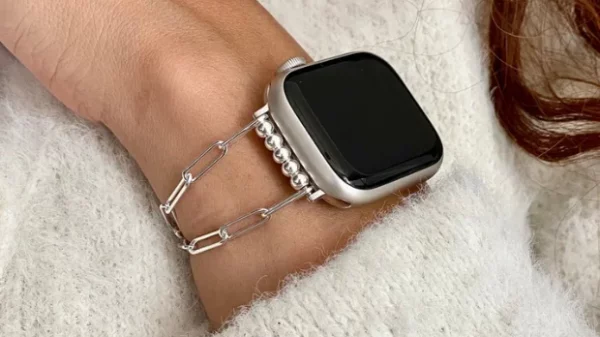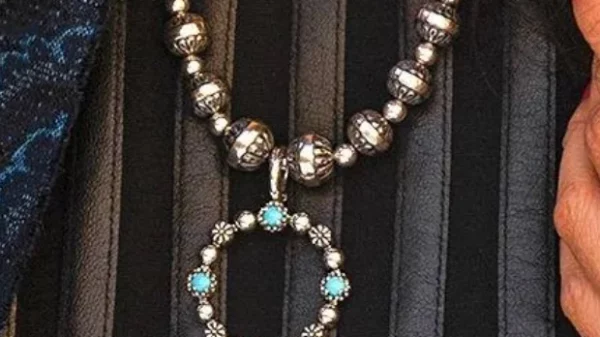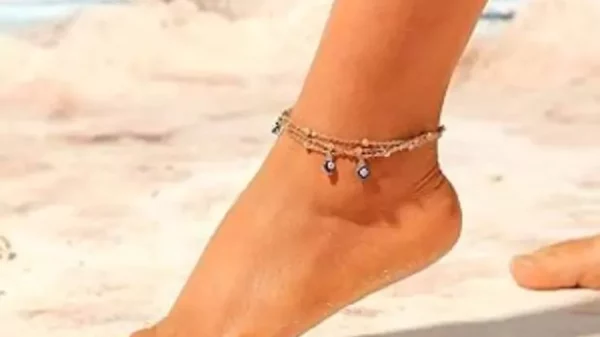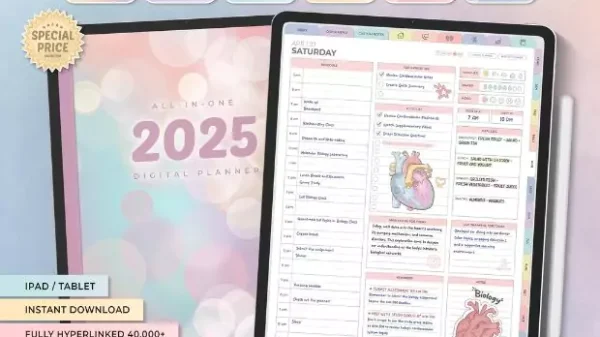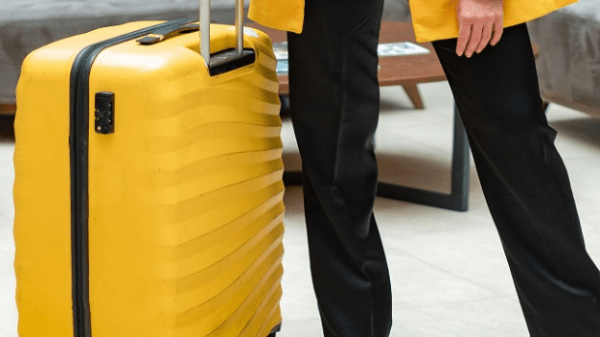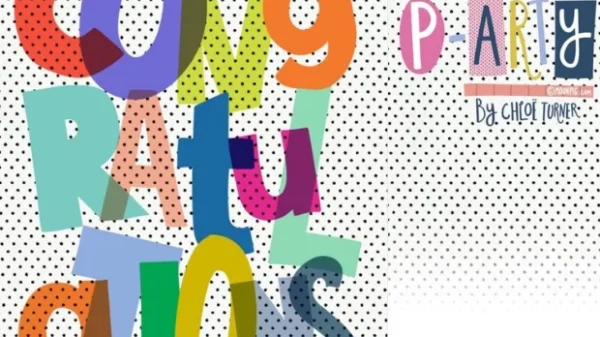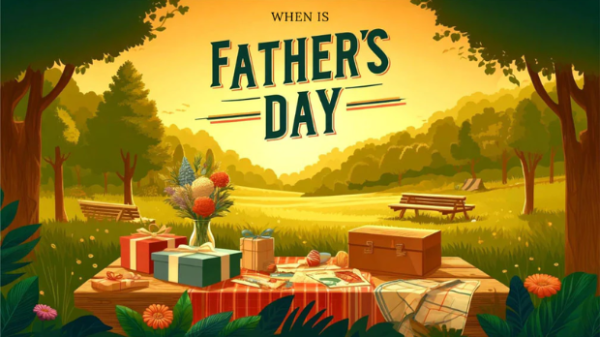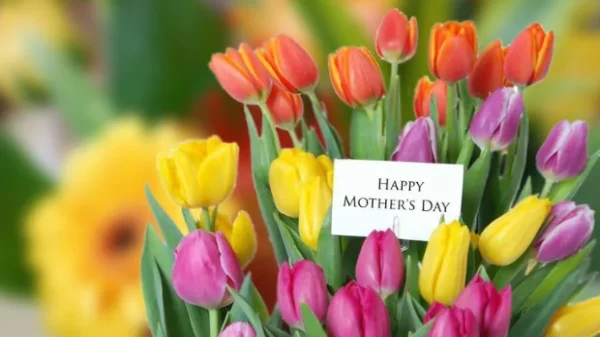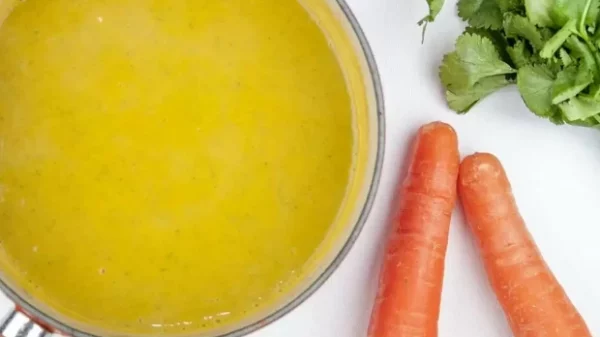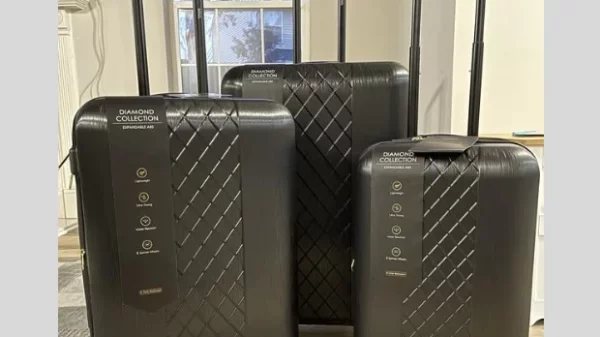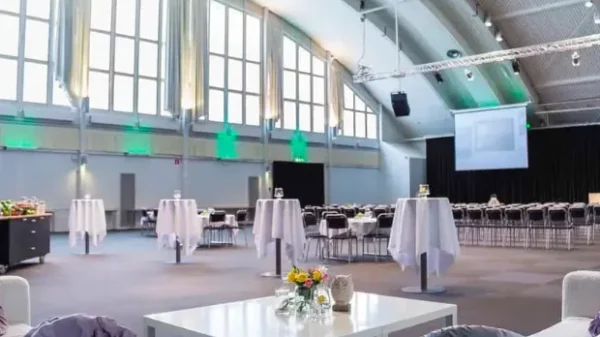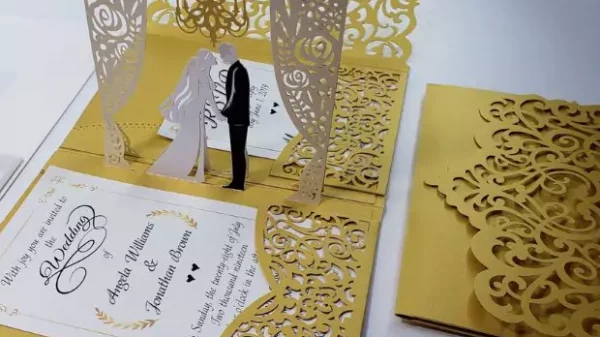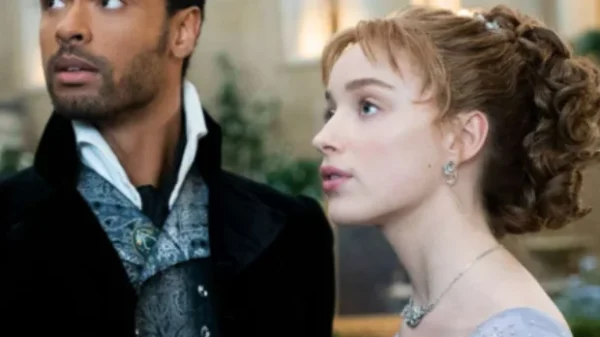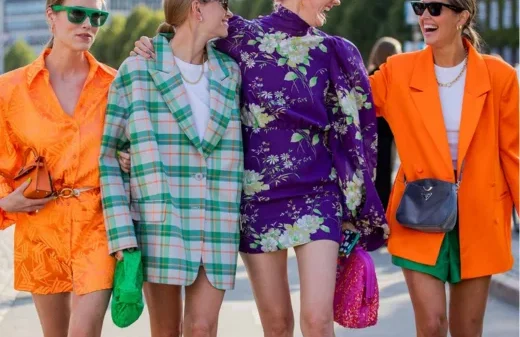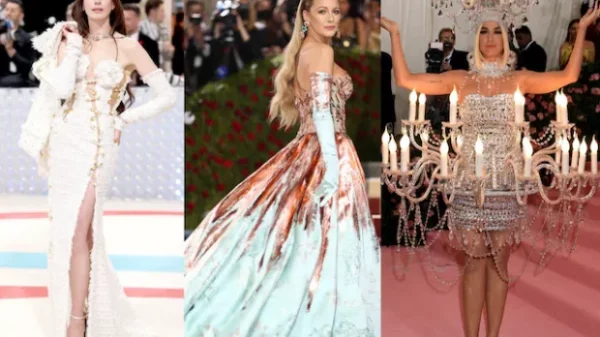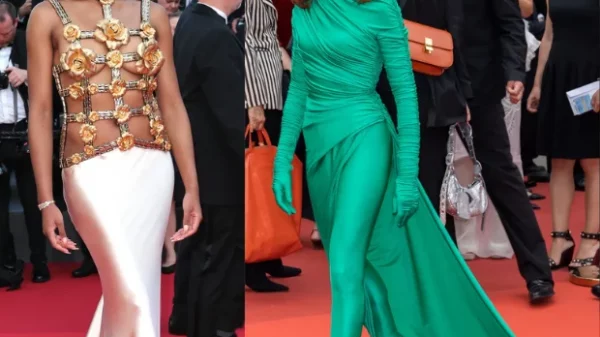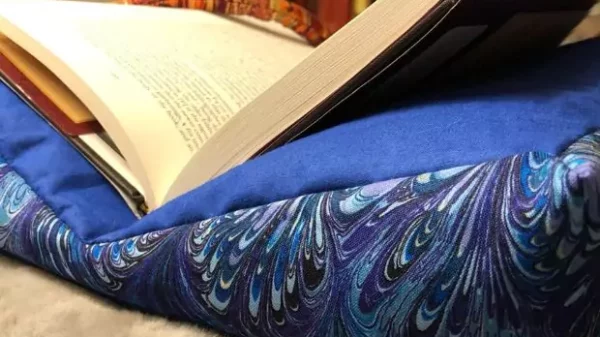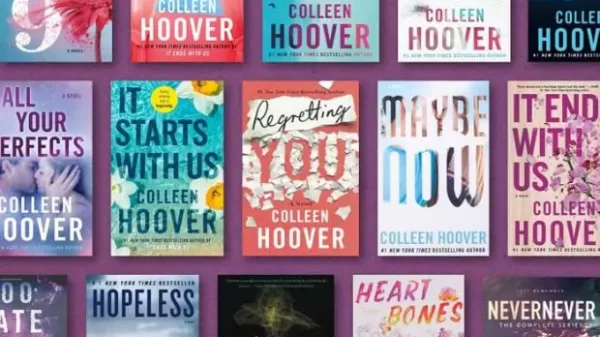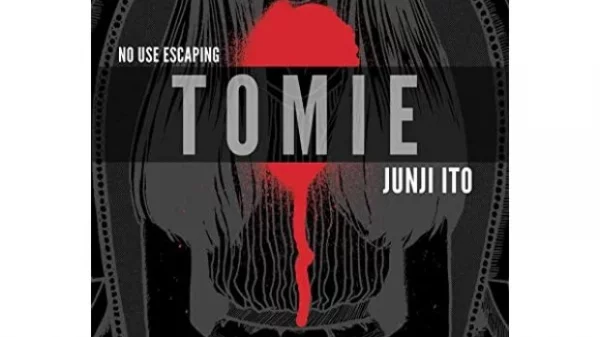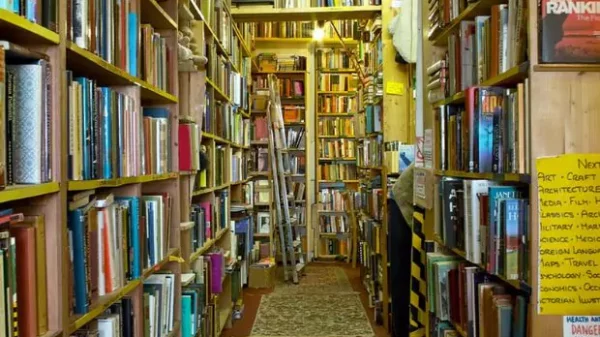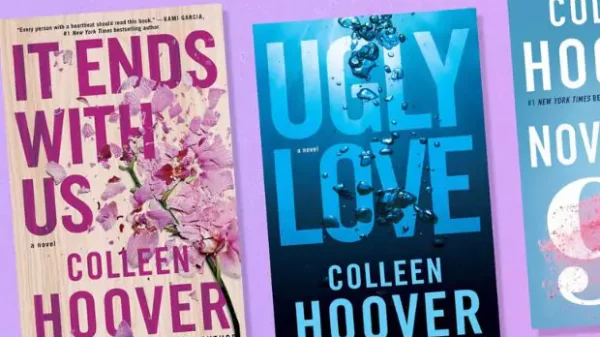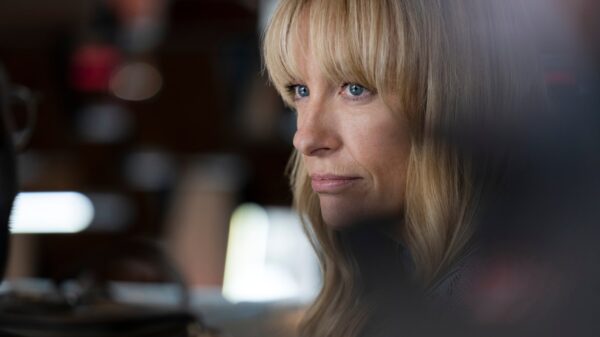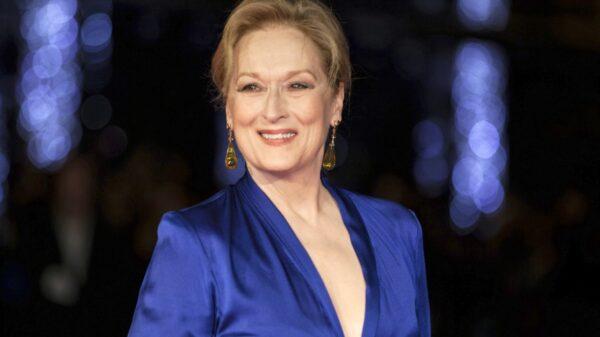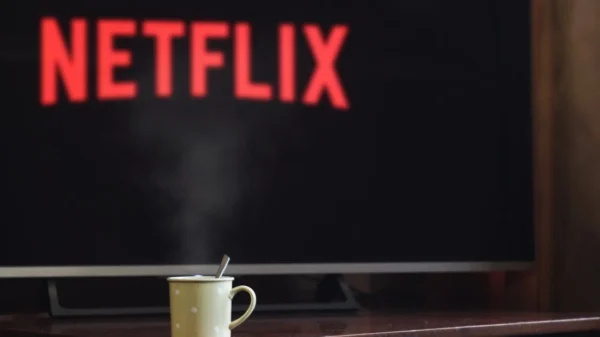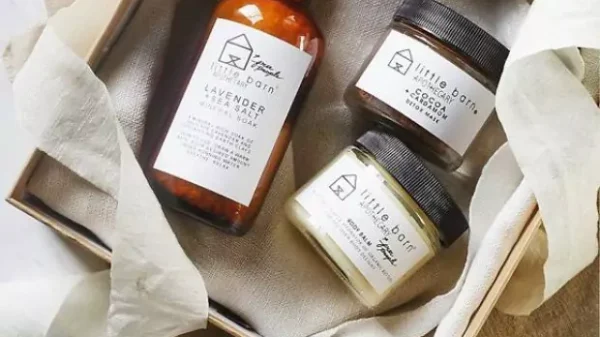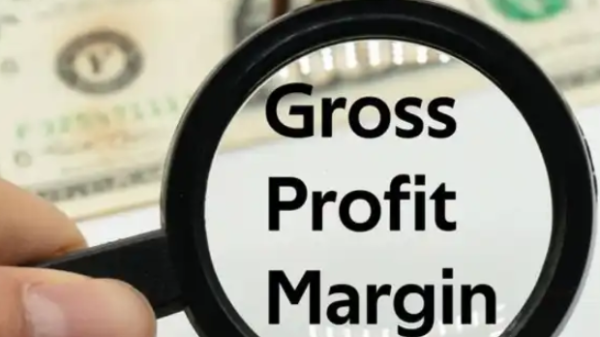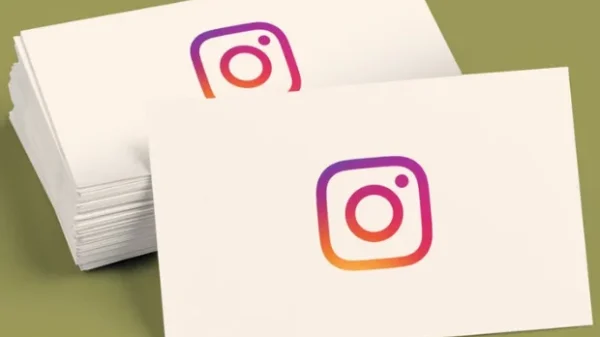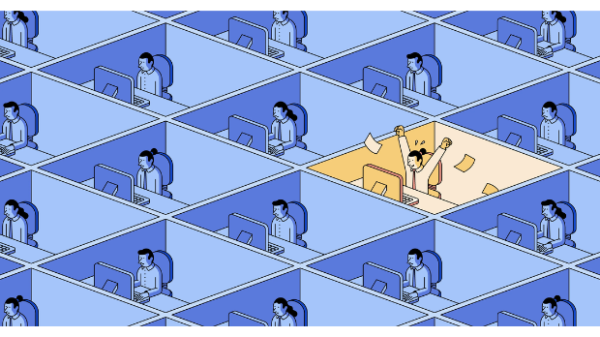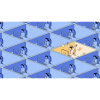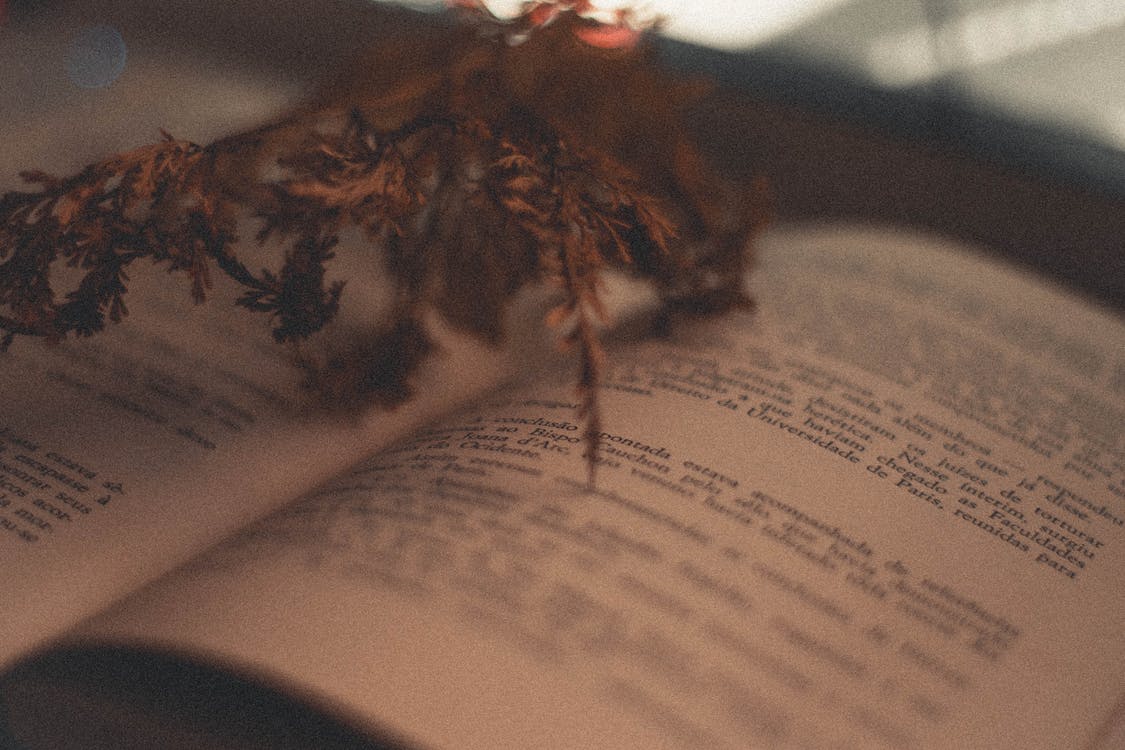
Social media is an exciting laboratory for modern verse. It is home to poets who are shunning the boundaries of poetry as we know it. My first brush with spoken word poetry was when a friend shared a YouTube video of a Portland-based visual artist performing a piece called “Shake the Dust.” It moved me so much that I tried to replicate his style in every manifesto ad I wrote after that. It didn’t matter if the stuff I was peddling was a car or mutual funds or dry shampoo.
That his style could be imitated to the point where I had to ask myself, “Wait… am I a poet too?” Is my best friend, who has given all of my Facebook poems a 0/10 rating because they don’t rhyme, just a dry sponge?”
Then, I stumbled upon the universe of Weepy Kaur and realized that with a broken heart, a few words of English, and a pretty enough font, anyone can be a poet. It’s a liberating feeling, especially when you’re a closet poet trying to make your mark since the age of five, only to have your father tell you – “That thing you wrote about pigeons on the telephone wire isn’t really a poem, but you may recite it for your uncle Tony anyway”. Standards – that nebulous yardstick that’s missing in modern poetry, some would argue.
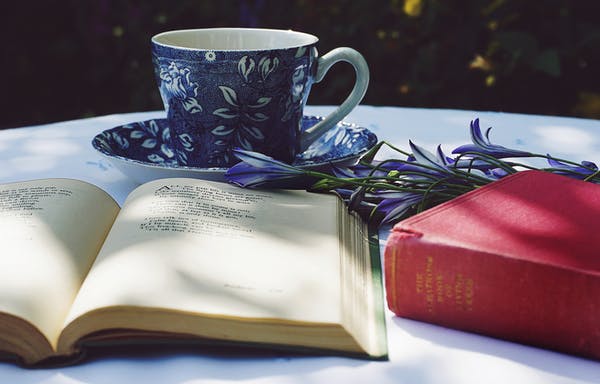
It’s true that if you have for some inexplicable reason grown up on a diet of Emily Dickinson and Dorothy Parker, you’re likely to find the works of Instagram bards lacking in the department of poetic quality. After all, what usually makes a poem great is its ability to translate an ordinary feeling in a way that makes you want to highlight the sentences, bookmark the pages, and quote the words to your children and grandchildren till they wish you had Alzheimer’s.
Weepy Kaur’s work doesn’t have the same effect, poetry snobs will tell you. Nice folks on the internet, on the other hand, will say, “Why not? Weepy Kaur’s poems are simple and honest, and they’re tugging a lot of heartstrings judging by her book sales”.
Half of me wants the nice folks to be right, simply because that would mean I, with my severely limited ability to think of poignant thoughts and bust a decent rhyme, might someday become a poet. The other half of me thinks about that one time I participated in a regional singing competition when I was ten. I sang the slowest version of an agonizingly slow song till one of the judges simply lost her patience and yelled ‘Next!’. A girl of roughly my size entered the room and filled it with a voice so big and soulful that I suddenly knew my place in the order of things. In that one moment between the judge and talented girl #24, it hit me just how very mediocre I was, and I got a sense of the ground that I needed to cover even to share the same stage.
No matter what the nice folks online say, the opinions of the poetry snobs matter. They are the Judge who yells ‘Next!’. And in doing so, they help preserve the hallowed halls of literature. Not every poet deserves a place on those walls. That’d be like giving every kid who has ever played the lead in a school play a star in the Hollywood Walk of Fame.

